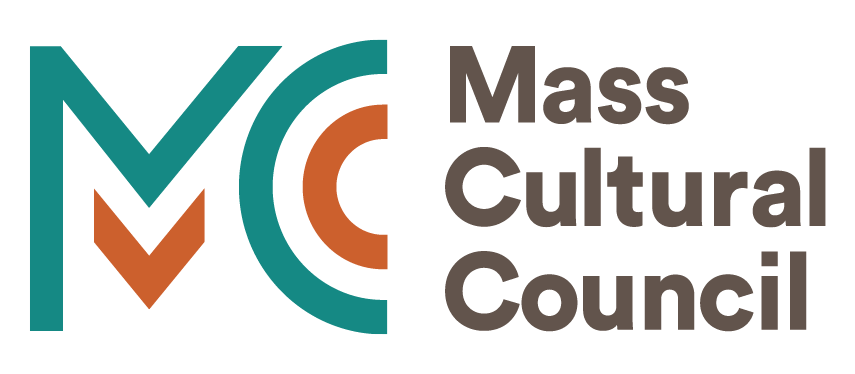Meet Our Playwright – Mike Lew
Where are you from? Where do you live?
Originally from San Diego, live in Brooklyn
How did you become a playwright?
I started out directing and grew hungry to start telling my own stories rather than interpreting others’. Early in my career I encountered a couple of organizations – New Dramatists, EST/Youngblood, and Ma-Yi Writers’ Lab – that became a kind of formative nexus for me, cementing that these were my people. I oftentimes get the question “Who are you writing for?” and to be honest sometimes you’re just writing for other playwrights – you see them do their thing so you want to show off your thing; it’s all a nerd breakdance battle.
Is there a recurring theme in your plays that you write about?
Probably but I’m not aware of it. I write stories that drive me and that I know will keep driving me for the many years it takes to birth a play and get it to the stage – stories that are complex enough to keep chipping away at for several years. But beyond that I don’t know how the larger body of work ties together; I think it’s good not to be too self-aware about what you do, keeps you fresh.
What led you to write this play?
I was dealing with the trauma and uncertainties of my baby being born and staying in the NICU for four months. Already at the time I knew I had to write about it, but couldn’t start until I was well out of the hospital because at the time I was too soaked with adrenaline. And with that distance I also grew to want to address fatherhood and the onset of parenthood in extremis, as well as the way that medicine – which seems dispassionate and scientific – can nonetheless amplify social/racial biases. So it’s not just an autobiography, it’s become a bit more than that.
What are you most looking forward to in your week of development?
This is the first two-character play I’ve written (I believe) and in a way there’s no way to hide behind my normal stage tricks. You’re in this NICU with these two people for the long haul and the compact these performers make with the audience is that their relationship alone is enough to fuel this story. I’m looking forward to that challenge of developing these two characters’ relationship to the point that an audience cares enough about both of them to stay in the room with me and find out what happens.
What advice do you have for the participants in our college program who are interested in pursuing a life in the theater?
I think there’s your art-life and there’s your life-life and you can’t neglect the latter while feeding only the former; you have to feed both. I have oftentimes wanted to put off major life milestones (marriage, having kids, investing in a home) thinking that once my art-life is set my life-life will start. But your art-life is never really “set,” and thinking that way leads to burnout and stuntedness which in turn snuffs out your artistic impulse anyhow. Finding that balance and nurturing both – recognizing the needs of both – ensures you will have a lifelong career.
Anything else you would like our audience to know about the play before they see it?
If you want to keep following the life of the play, “tiny father” will go to Ojai Playwrights Conference after Cade Cod Theatre Project, and there’s also an Audible version available now.



